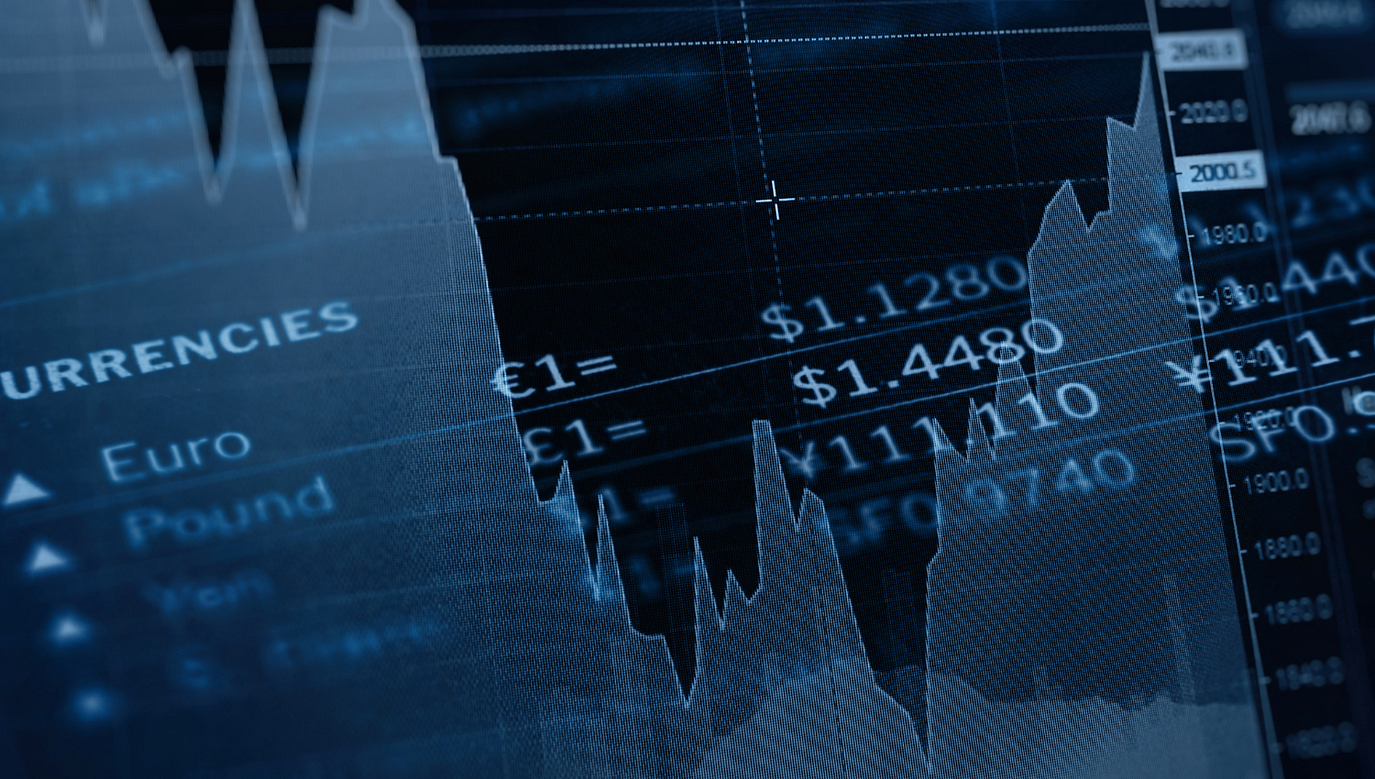Factors to consider for Analysis of News Events on Currency Market Dynamics

When analyzing the impact of news events on currency markets, several key factors must be considered, each having a distinct influence on currency volatility and market dynamics.
1. Economic Indicators
Economic indicators such as the Consumer Price Index (CPI) and Gross Domestic Product (GDP) play a pivotal role in shaping central bank policies and, by extension, currency values. The CPI, for example, is directly linked to inflation and influences central bank decisions on interest rates. High inflation may prompt a central bank to raise rates, cooling off the economy, whereas low inflation could lead to rate cuts to stimulate growth. GDP, indicating the overall economic strength, also impacts central bank decisions and currency value. An increasing GDP suggests economic growth and potential interest rate hikes, while a declining GDP signals economic slowdown, possibly leading to rate cuts.
2. Unplanned Forex News
Unpredictable events, including political speeches, central banker speeches, and terrorist attacks, also significantly impact forex markets. These events introduce uncertainty, affecting market sentiment and leading to immediate and sometimes drastic changes in currency values.
3. Common Risk Factors
Research has identified a “slope” factor in exchange rates, showing that currencies from countries with high interest rates tend to exhibit more sensitivity to global risk factors compared to those from countries with low interest rates. This sensitivity primarily contributes to the cross-sectional variation in average excess returns between these currencies. Such findings highlight the importance of global risk assessments in forex trading, suggesting that investment strategies involving high interest rate currencies can expose U.S. investors to increased global risk.
4. Geopolitical Events
Geopolitical events, such as conflicts, elections, and policy changes, substantially affect forex markets and currency volatility. These events can directly impact economies, change market sentiment, and influence central bank policies. For instance, military conflicts can disrupt global trade and economic growth, affecting currency values. Elections and political transitions might bring about changes in economic policies, affecting market expectations and currency performance. Moreover, international disputes and negotiations can create market uncertainty, leading to fluctuations in currency values.
In conclusion, the analysis of news events on currency markets requires a multifaceted approach, considering economic indicators, unplanned news, common risk factors, and geopolitical events. This comprehensive perspective aids in understanding the complex dynamics at play in forex markets, enabling more informed decision-making for traders and investors. The integration of these factors into forex trading strategies can help navigate the volatility and opportunities presented by the global financial markets.

